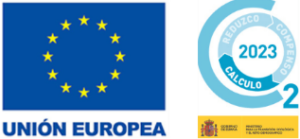Periodic internal controls are carried out, as well as necessary evaluations for the study of a new treatment system or to comply with administration requirements. We specialize in effluent characterization, analyzing, among others, the following parameters: pH, conductivity, turbidity, COD, BOD5, oils and fats, metals, and other dissolved contaminants.
RD 1620/2007, which establishes the legal framework for reuse of treated water, includes the analytical profile that must be performed in order to verify that the water complies with the quality parameters for its intended use. Some of the parameters studied are: turbidity, suspended solids, microbiological contamination, heavy metals, and others.






